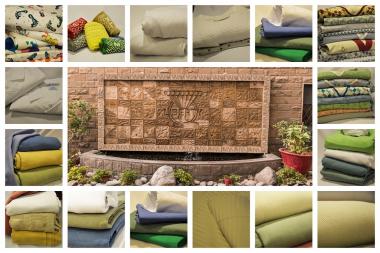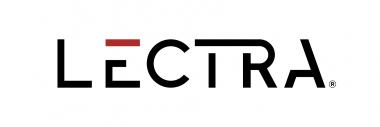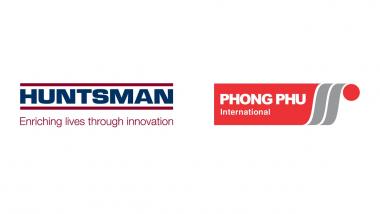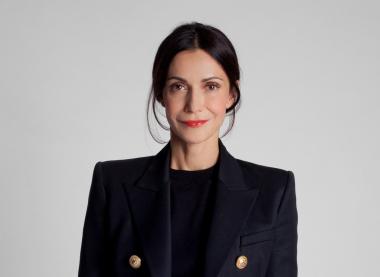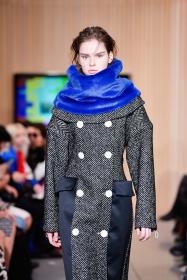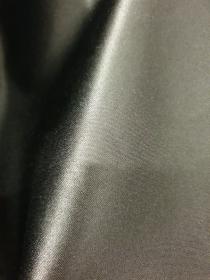Archroma joins hands with Liberty Textile Mills Limited to produce life-saving PPE in Pakistan
Archroma, a global leader in color and specialty chemicals towards sustainable solutions, has joined hands with Liberty Textile Mill Limited (Liberty), a leading producer in healthcare textiles to produce high quality personal protective equipment (PPE).
Liberty will be benefitting from Archroma’s specialty solutions for hygiene protection, and well-established technical expertise in the area of medical textiles. Amidst the COVID-19 pandemic, the PPEs manufactured by Liberty are aimed at easing the current shortage of PPEs for medical professionals in Pakistan.
Liberty carries over two decades of experience in medical textiles and exporting them all over the world. Its partnering with Archroma is a major step forward towards creating enhanced protection in the current crisis. With its advanced scientific knowledge and technical expertise, Archroma provides a complete set of specialty chemicals required to produce PPEs, in particular in the area of antimicrobial and barrier coatings. The project will assist in enhancing medical standards in hospitals, isolation centers and intensive care units, in Pakistan and, very soon, worldwide.
“By continuously challenging the status quo, we at Archroma are able to support our customers operating in or entering the area of medical textiles, with a holistic and expert approach to hygiene protection. With our collaboration with Liberty, we are so proud to be able to bring state-of-the art protection to health professionals and the general public,” comments Mujtaba Rahim, CEO of Archroma Pakistan.
“Liberty has a presence of more than five decades with high achieving accolades. Our processing units are fully equipped with latest equipment complying with international standards. We take this new partnership with Archroma as a start of building a strong relationship in the area of medical textiles. The COVID-19 pandemic has given a wake-up call to work extensively towards enhancing healthcare facilities. We are looking forward to new innovations in producing top-class PPEs,” adds Taimoor Mukaty, Director of Liberty Textile Mills Limited.
Archroma


